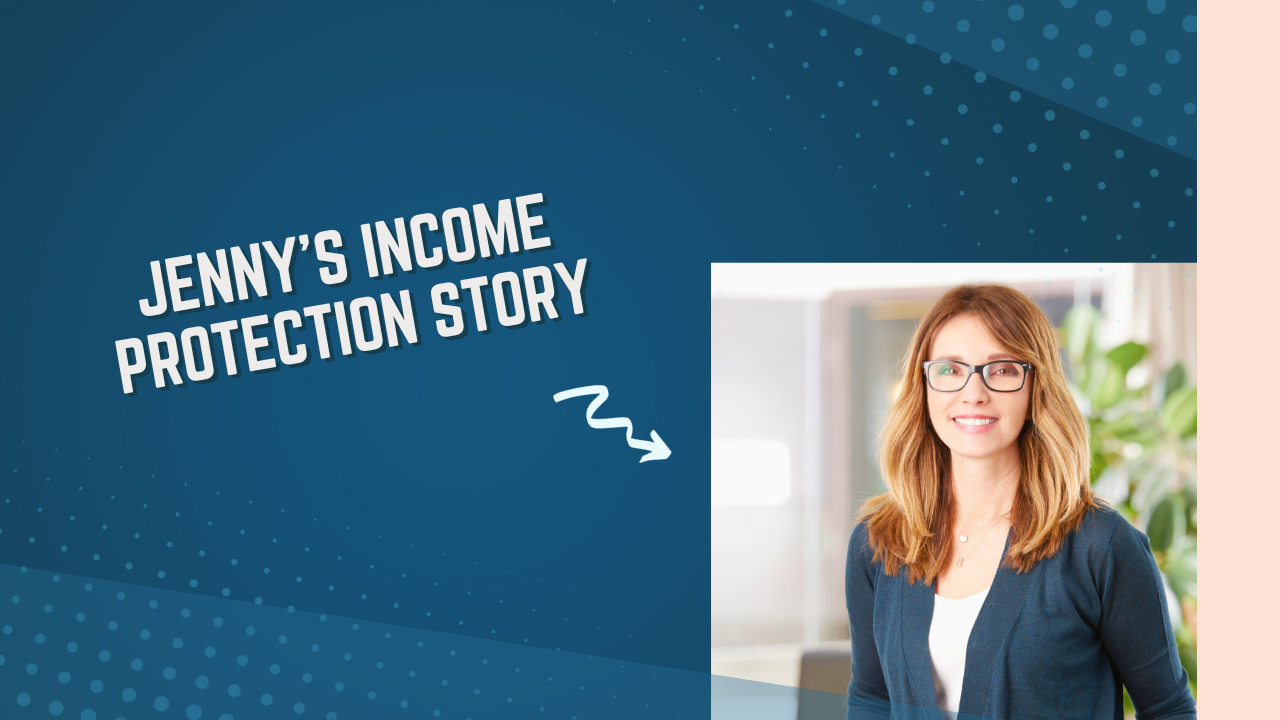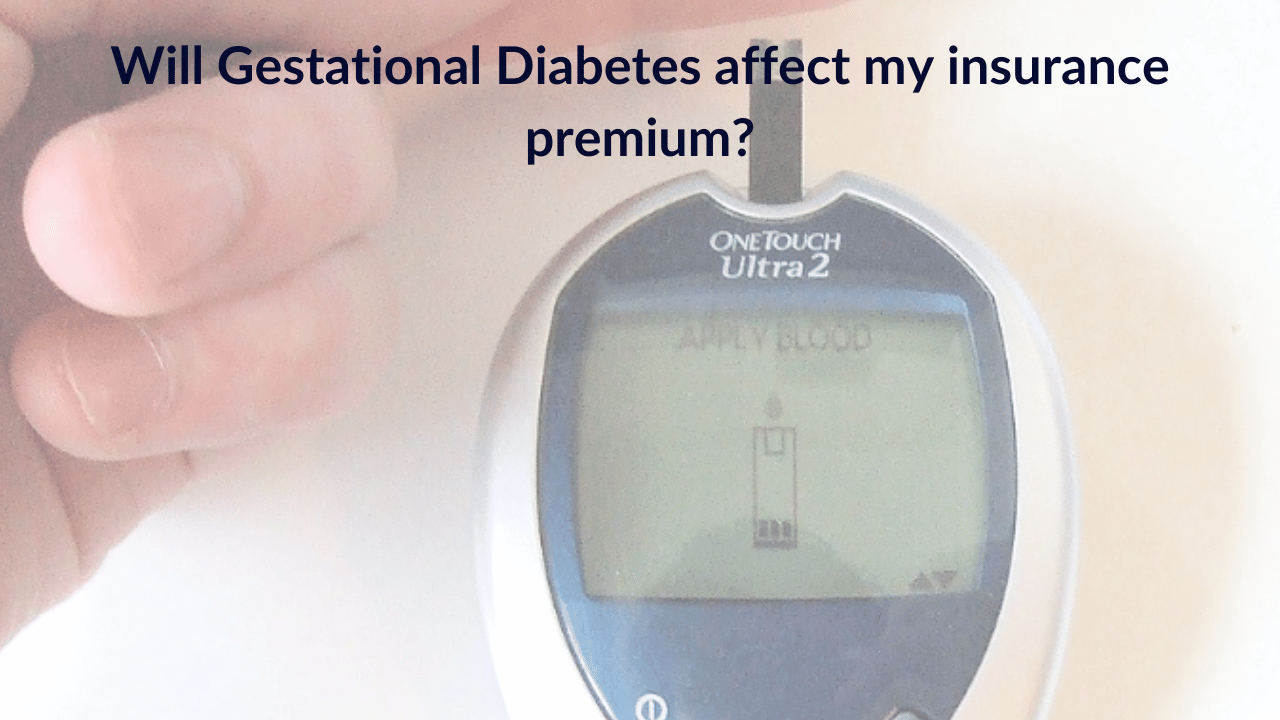Free Income Protection Insurance Calculator Ireland With Example – Jenny’s Income Protection Story
Picture this. Jenny is a 36-year-old public sector nurse, like many of my clients. I met Jenny after she rang me 3 years ago to learn more about an Income Protection plan. Through her story, I hope to give you true insight into what an Income Protection Insurance Calculator Ireland entails.
Jenny is married to Leo, who works in construction and together they have three young children. When she approached me, she was at the last stage of a mortgage loan approval.
In fact, it was the bank that first proposed the idea of Income protection to her. Jenny, being the cautious person she is, rang me to search the market for her rather than signing any old dotted line without any idea of what she was signing to.
Before proceeding with her story let me give a simple definition of Income Protection.
Life is uncertain! Protect your income with an Income protection plan.
A salary protection plan or income protection plan (Same thing!) allows you to protect up to 75% of your annual income/salary! You will get peace of mind knowing that when illness stops you from working you will still have a steady stream of income.
Income protection is a crucial safety net that provides financial support when you cannot work due to illness or injury. Understanding the key factors, such as occupation class, benefit payment period, waiting period, and tax implications, will help you make an informed decision when selecting a plan.
Remember that relying solely on social welfare may not be sufficient, and having income protection can provide peace of mind knowing that you and your loved ones are financially protected during challenging times.
Now that that’s over, back to Jenny!
In comparison to the compulsory mortgage protection plan she required anyway, her quote for Income protection was far pricier. Jenny wanted to know why this was and how the insurance premium works. I broke down the factors for her and I’ll do the same for you below.
Occupational Class
Occupation plays a major role in determining the premium for income protection. Based on the risks involved in the job, each occupation has a rating from 1-4. An accountant or software worker has a rating of 1, whereas a Nurse is classified as Class 3.
Jenny could see why a Nurse is a Class 3, the risks of injury during the hands-on things she does at work, and the risks involved in getting injured while moving/lifting a patient.
Declined Class: Many insurers may include a class 5 or a class D in their tables. The jobs that fall within this class will be refused cover. For instance, occupations like pilots, firefighters, and members of defense forces are automatically declined for Income Protection cover.
Nearest Retirement Age
While doing the quotes for income protection, we advisors ask clients for the preferred retirement age for the plan. This has a range of years from 55 years to 70 years. People usually prefer to keep their own retirement age as a guide here.
Jenny’s work contract showed Retirement Age at 65 years. For the plan, I advised Jenny to keep the Nearest Retirement Age (NRA) at 65 even though opting for a lesser NRA at 55 years or 60 years can make the plan premium cheaper. I am glad she followed my advice and will explain why this matters now more than ever.
Waiting Period
The waiting period, also known as the deferred period, is the period of time you must wait before your income protection benefits start to kick in. Waiting periods typically range from 4 weeks to 26 weeks from the date of start of illness/injury. Choosing a longer waiting period can reduce your premium, but it means you’ll have to rely on available savings during that time.
Jenny being a public sector worker is entitled to 3 months full salary sick leave and 3 months half salary sick leave, subject to certain conditions. Hence my advice was to keep a 26 weeks (or 6 months) deferral period for her income protection plan to keep her premium more affordable. Jenny agreed it suits her better that way!
Guaranteed Premium and Reviewable Premium Options
Most life companies give the above two options for the policyholder to choose.
A guaranteed premium option means your prices don’t change for the entire duration of the policy whereas in a reviewable policy, your insurer has the right to increase the policy premium upwards in their periodical reviews.
I always recommend Guaranteed premiums to my clients, for the plain reason that you will know what premium you would pay for the entire duration of the plan!
In Jenny’s case, she opted for the guaranteed premium option.
Indexation Option
Jenny was confused about the Indexation option. Why were there so many big words and so many confusing choices?
Inflation can erode the value of your income protection benefits over time. Indexation is an option that allows your benefit to increase annually to keep up with inflation. While this increases your premium slightly each year, it ensures that your coverage maintains its purchasing power. If my client asks me for my opinion about indexation, I am not a big fan! Two reasons for this.
1. Your premium goes up every year as the cover amount goes up too
2. Sometimes, your salary may not change a lot over the years and there is a chance that you may have income protection cover for more than 75% of your annual salary with indexation. If that happens, the life company will refuse any benefits over 75% as it is the maximum you can claim from your income protection.
However, I told Jenny that most of the Income protection plans have an inbuilt Guaranteed Insurability option. When used wisely, it is a better replacement for indexation. Let us see how it works in practice.
“Ben has an Income Protection policy with a cover of €50,000 per annum. Three years after taking out his policy, Ben decided to increase his cover amount by 20%. On the 6th and 9th anniversary of taking out his policy, he again decided to increase cover by 20%. Each time, his cover amount increases, his premium also goes up to reflect the change”
Now, back to Jenny. Jenny got an Income protection plan set up for her with 75% of her salary protected. The nearest retirement age was kept at 65, her desired retirement age. The deferral period (waiting period) was kept at 26 weeks. Her monthly premium was quoted at 82 euros after applying our special broker discount.
Jenny was delighted to know every IP plan in Ireland is eligible for tax relief from revenue. Jenny paid some of her taxes at 40%, so after the tax relief at 40%, her net cost for the plan came down to only €49.2.
€82- 40%= €49.2 per month.
Fifty euros for peace of mind? Jenny was delighted!
This proved to be more than just a peace of mind and became a critical and essential part of Jenny’s life. 2 years ago, she started getting sick. The tests her doctors conducted proved her worst nightmare. The diagnosis was a rapidly progressing form of Cancer in her breast. Doctors kept her in the hospital due to the speed of spread and within a week of her diagnosis, her breasts were removed in a surgery.
Then started a few bouts of radiotherapy, and chemotherapy followed.
Once Jenny rang me to process the claim, I informed the company, and the team there was very empathetic. They sent out the claim forms and when they realised that Jenny spent about 2 weeks in the hospital, there was a hospital cash payout as well. Most of the personal income protection plans have this hospital cash option built into the plan. During the deferral period, a portion of the annual benefit is paid for each night spent in the hospital, subject to certain conditions.
I won’t drag on. Jenny is still out on sick leave, but recovering very well at home. Her GP asked her to wait until her immunity is right on track before going back to the job, she loves the most. Apart from her loving family and her expert medical team, the biggest support Jenny got, was from the claim team from the insurance company. They made sure that the monthly income was paid out to her regularly, and they were also actively involved in her recovery with various support plans.
Now, any questions you might have about the level of income protection you need, send an email to joseph@financiallife.ie or info@financiallife.ie.
Thanks for reading
Joseph
Disclaimer: The information provided in this blog post is for informational purposes only and should not be considered professional advice. It is advisable to seek expert financial advice for personalized guidance regarding life income protection.
YOU MAY ALSO BE INTERESTED IN
The best Income replacement plans in Ireland
Life Insurance Terminology Explained
Can You Get Life Insurance After Cancer?
Getting Life Insurance with Diabetes


 Insurance
Insurance  Insurance
Insurance  Insurance
Insurance 

